Women
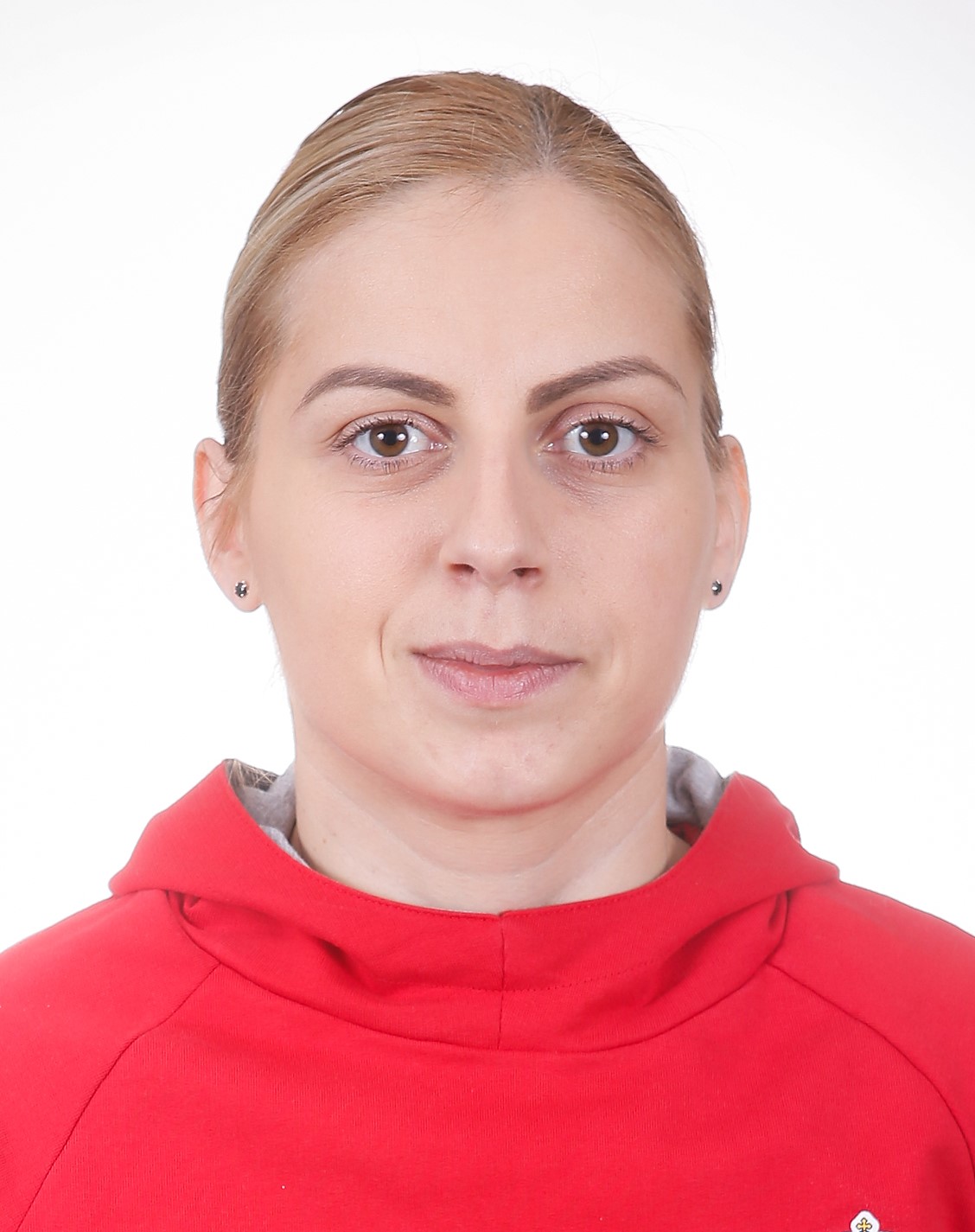
Željka NIKOLIĆ
Profile
Country
Serbia
Date of Birth
12 July 1991
Place of Birth
Age
30
Height
164 cm
Weight
59 kg

SCM Ramnicu Valcea
ROU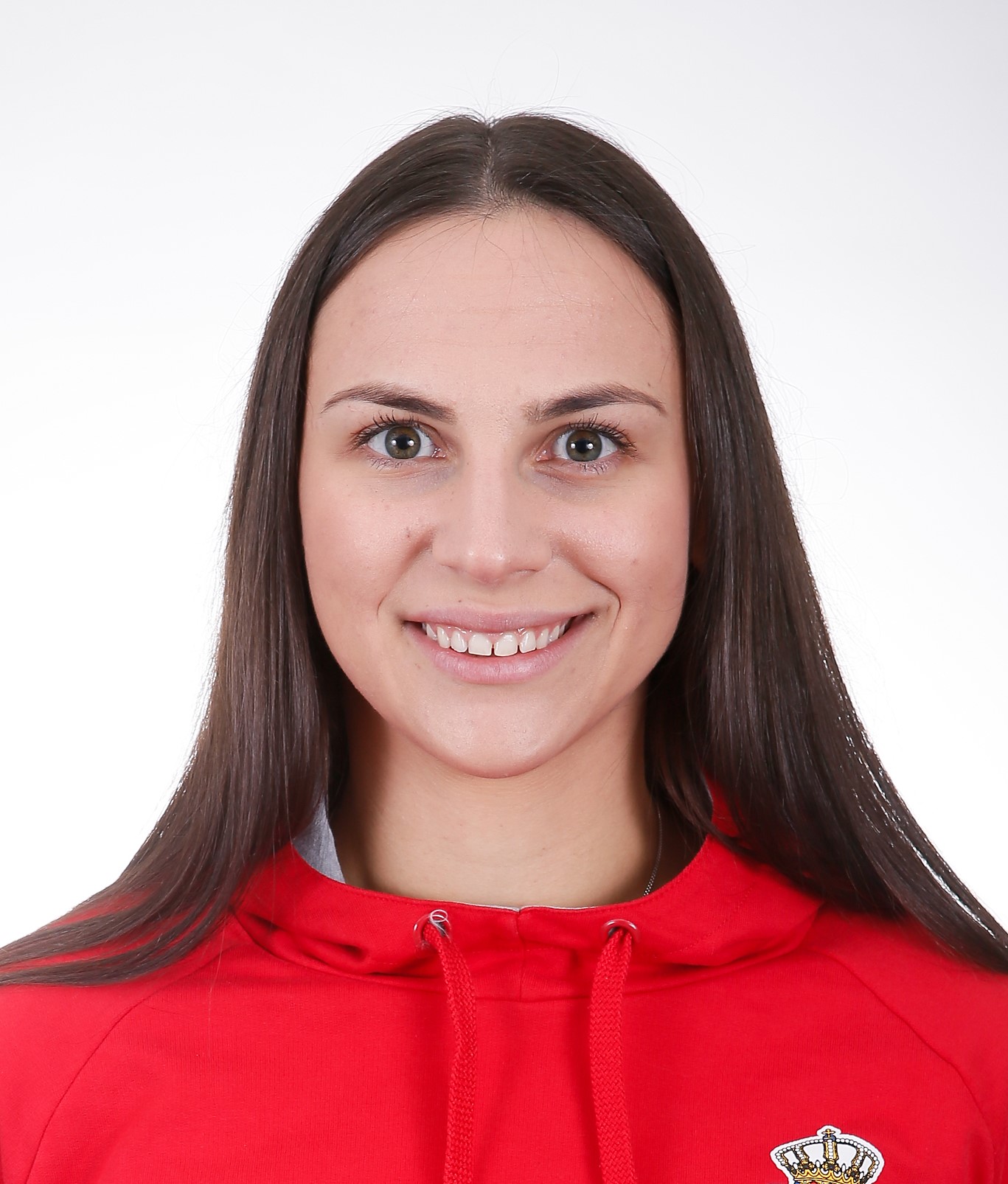
Jelena AGBABA
Profile
Country
Serbia
Date of Birth
29 June 1997
Place of Birth
Age
26
Height
179 cm
Weight
75 kg

ZRK Železnicar
SRB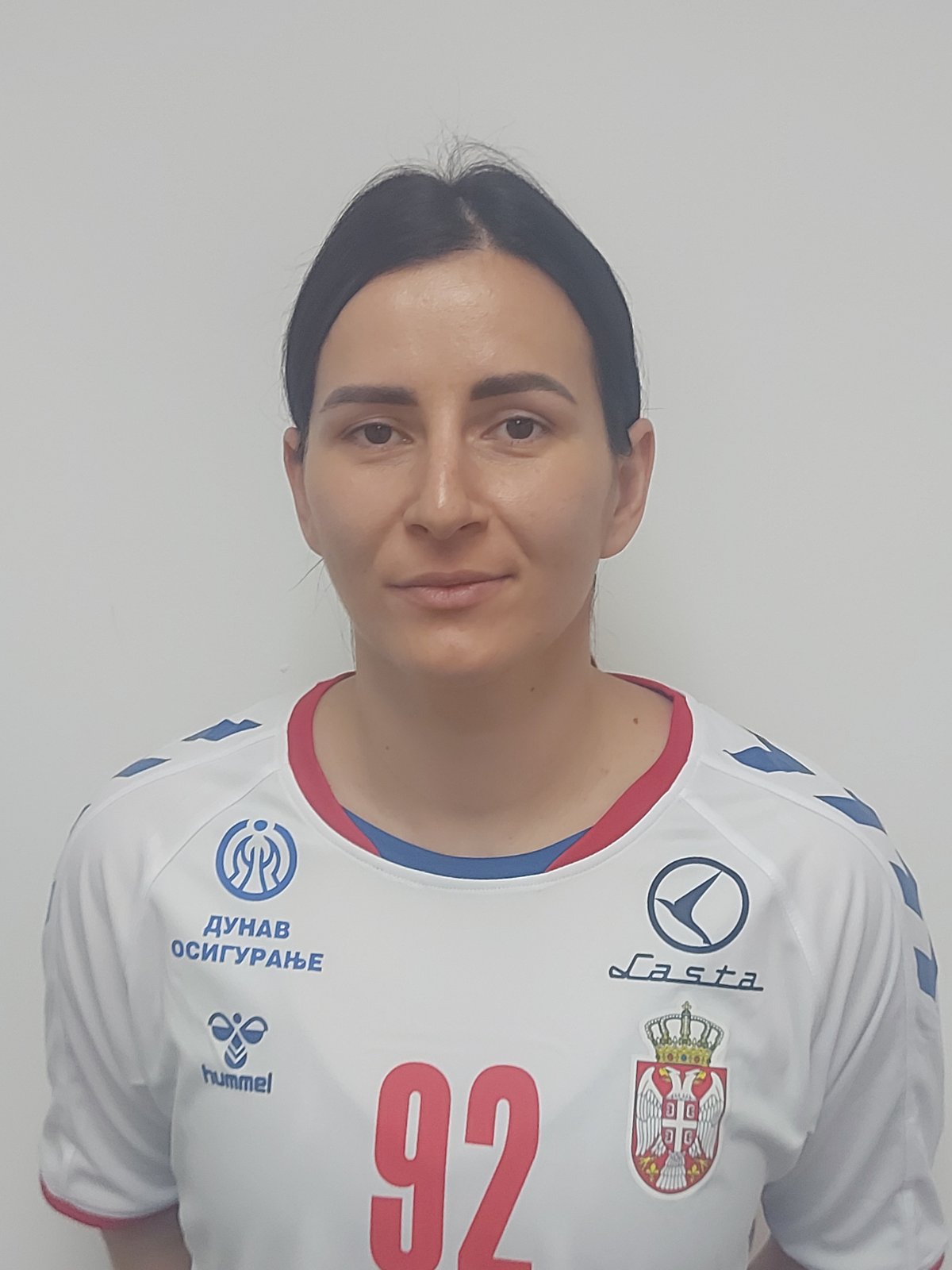
Jovana MILOJEVIĆ
Profile
Country
Serbia
Date of Birth
24 July 1992
Place of Birth
Age
31
Height
176 cm
Weight
72 kg

MKS Zaglebie Lubin S.A
POL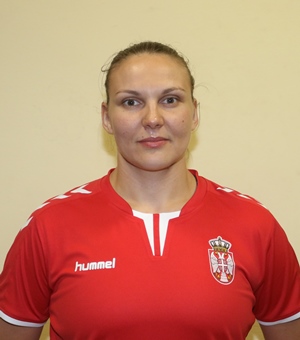
Dragana CVIJIC
Profile
Country
Serbia
Date of Birth
15 March 1990
Place of Birth
Age
32
Height
183 cm
Weight
89 kg

FTC Kézilabdasport Nonprofit KFT
HUN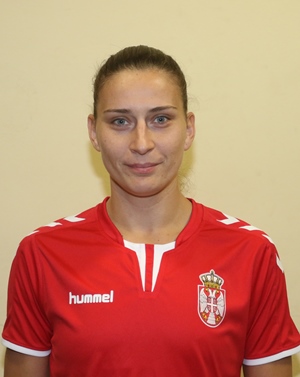
Slađana Pop – Lazić
Profile
Country
Serbia
Date of Birth
26 July 1988
Place of Birth
Age
32
Height
178 cm
Weight
72 kg

Brest Bretagne HB
FRA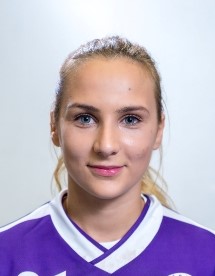
Milica RANCIĆ
Profile
Country
Serbia
Date of Birth
18 July 1991
Place of Birth
Age
33
Height
172 cm
Weight
62 kg
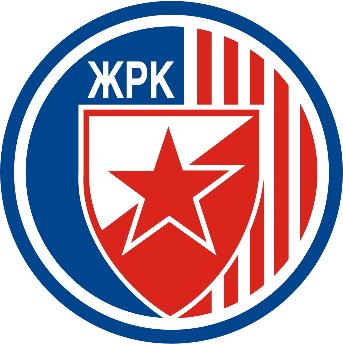
SU ŽRK Crvena Zvezda
SRB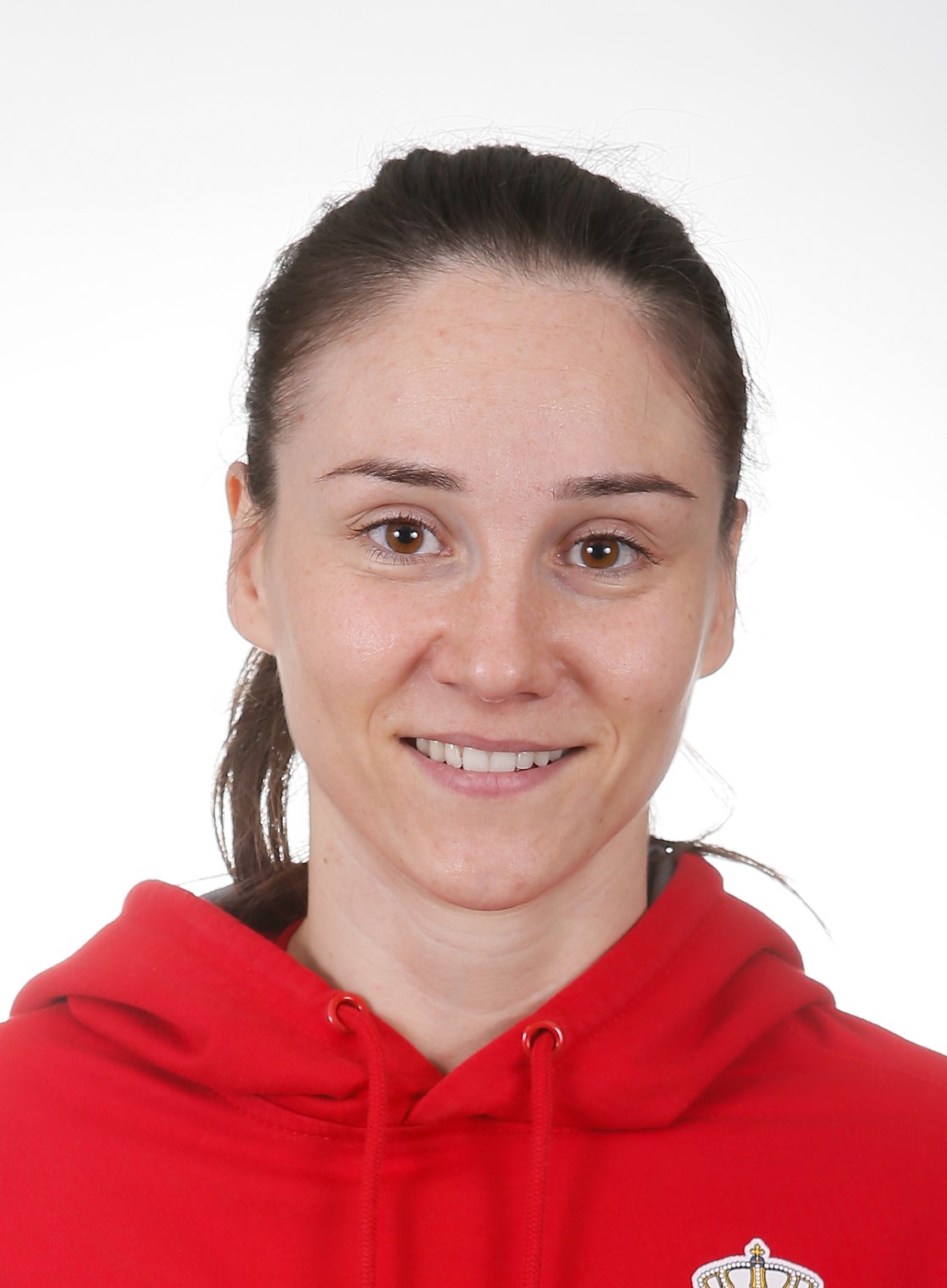
Dijana RADOJEVIĆ
Profile
Country
Serbia
Date of Birth
02 April 1990
Place of Birth
Age
31
Height
168 cm
Weight
63 kg

CS Magura Cisnadie
ROU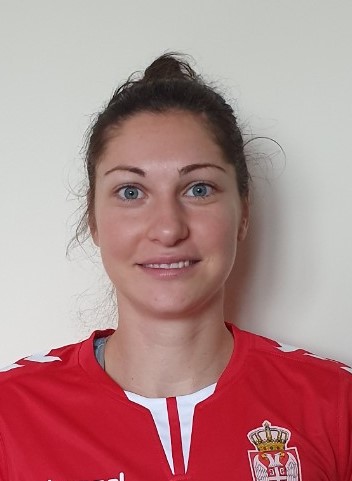
Timea Milošević
Profile
Country
Serbia
Date of Birth
29 June 1991
Place of Birth
Age
29
Height
173 cm
Weight
68 kg

Kisvárdai SE
HUN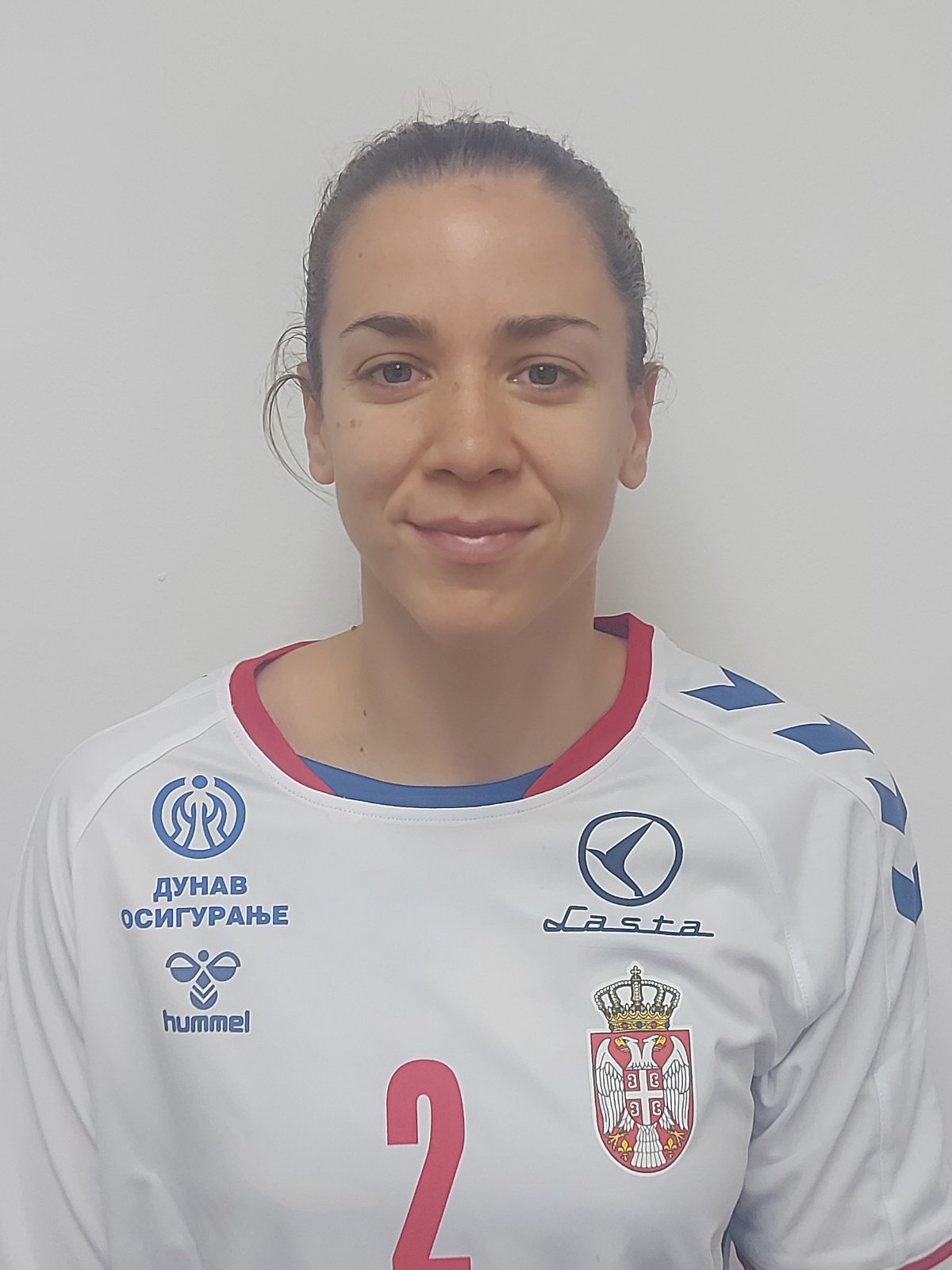
Sanja RADOSAVLJEVIĆ
Profile
Country
Serbia
Date of Birth
15 January 1994
Place of Birth
Age
30
Height
172 cm
Weight
64 kg

CS Magura Cisnadie
ROU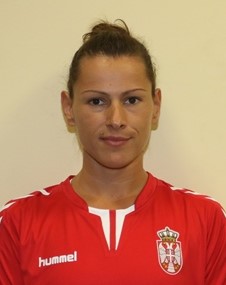
Marina PANTIĆ
Profile
Country
Serbia
Date of Birth
28 October 1988
Place of Birth
Age
31
Height
183 cm
Weight
78 kg


